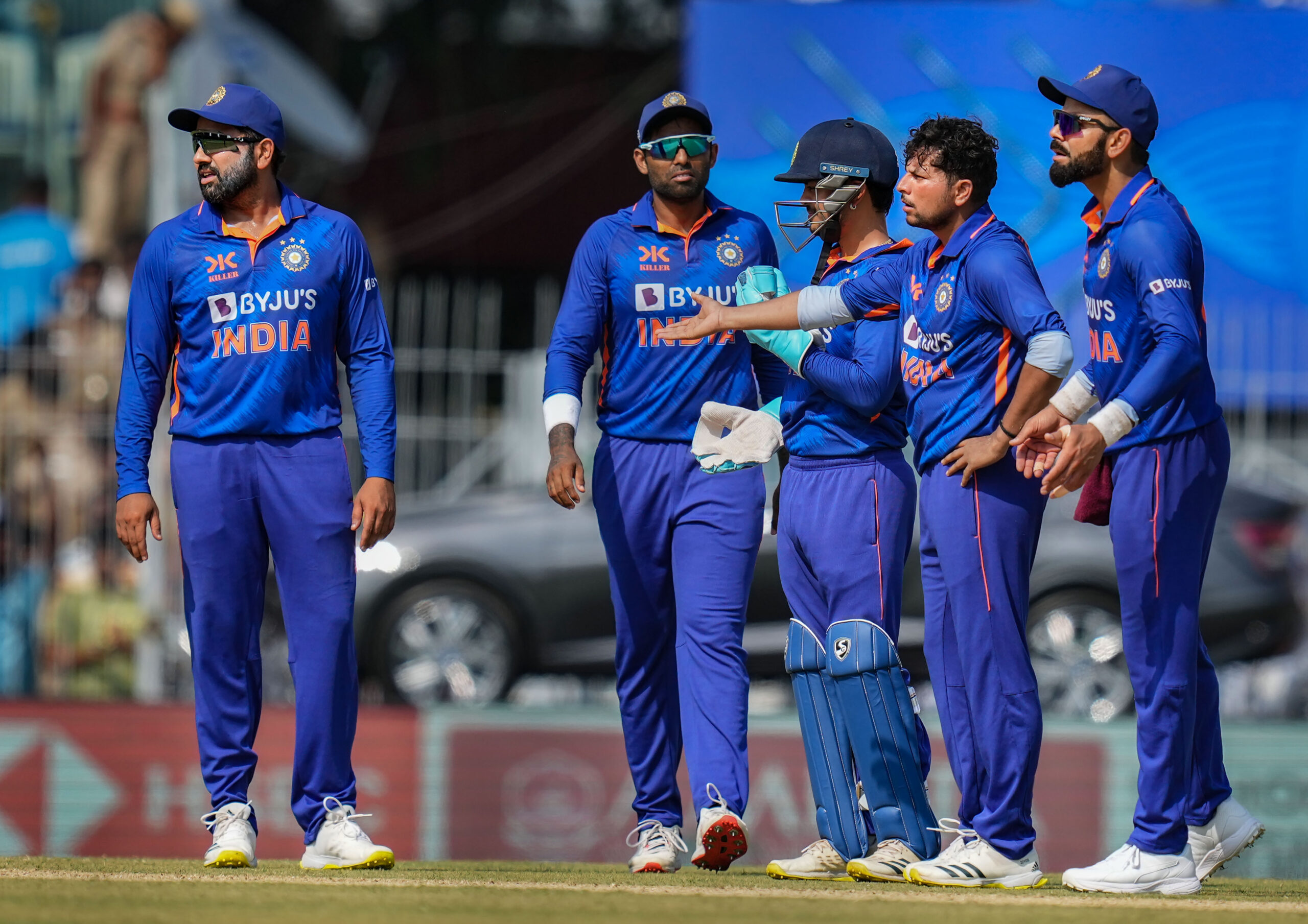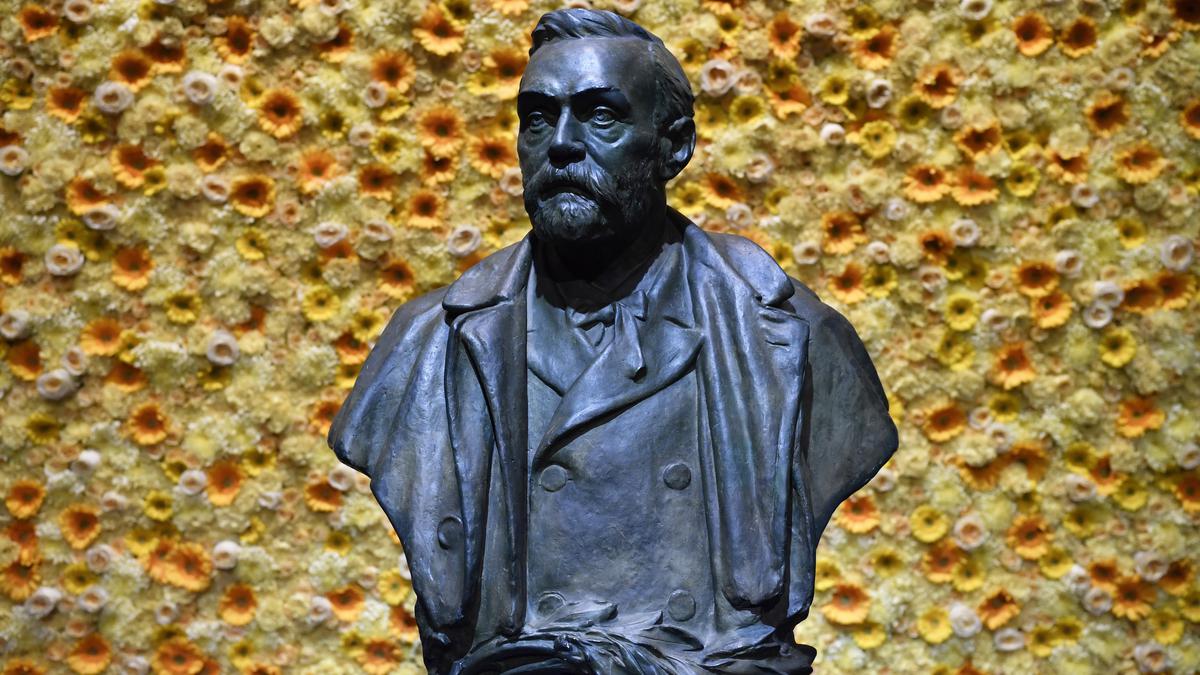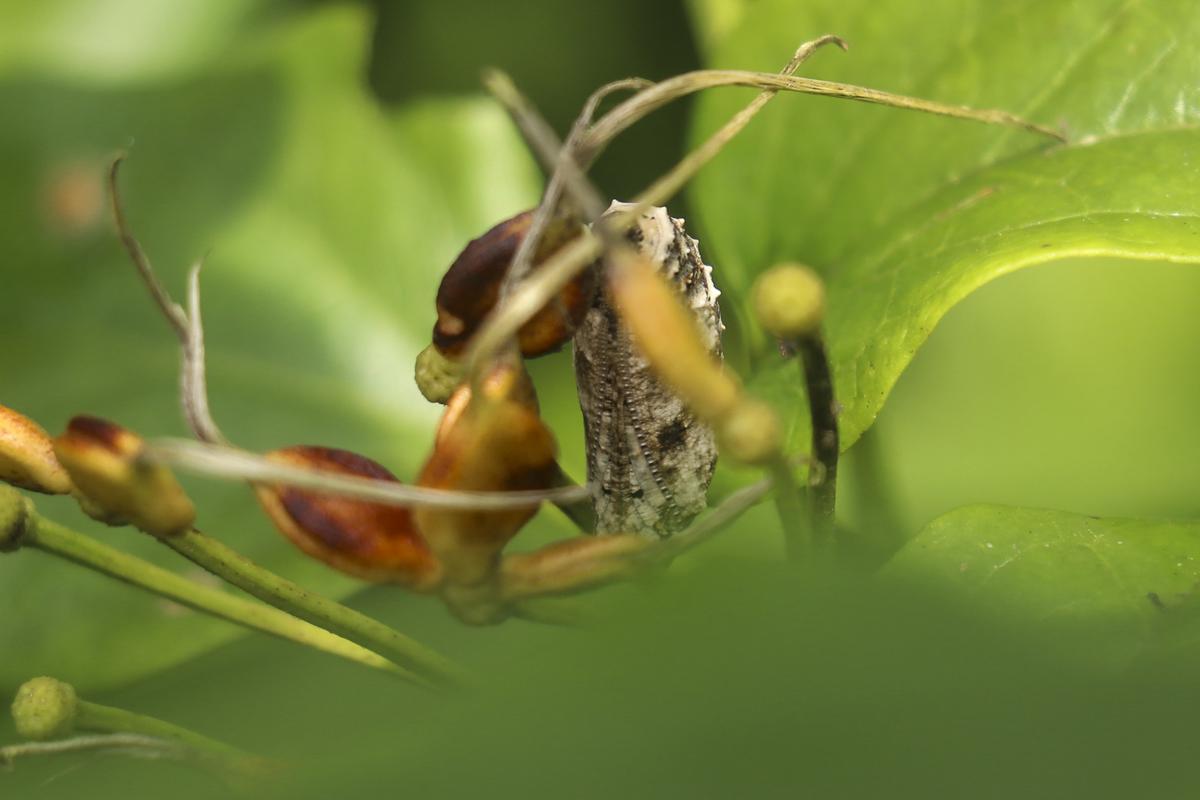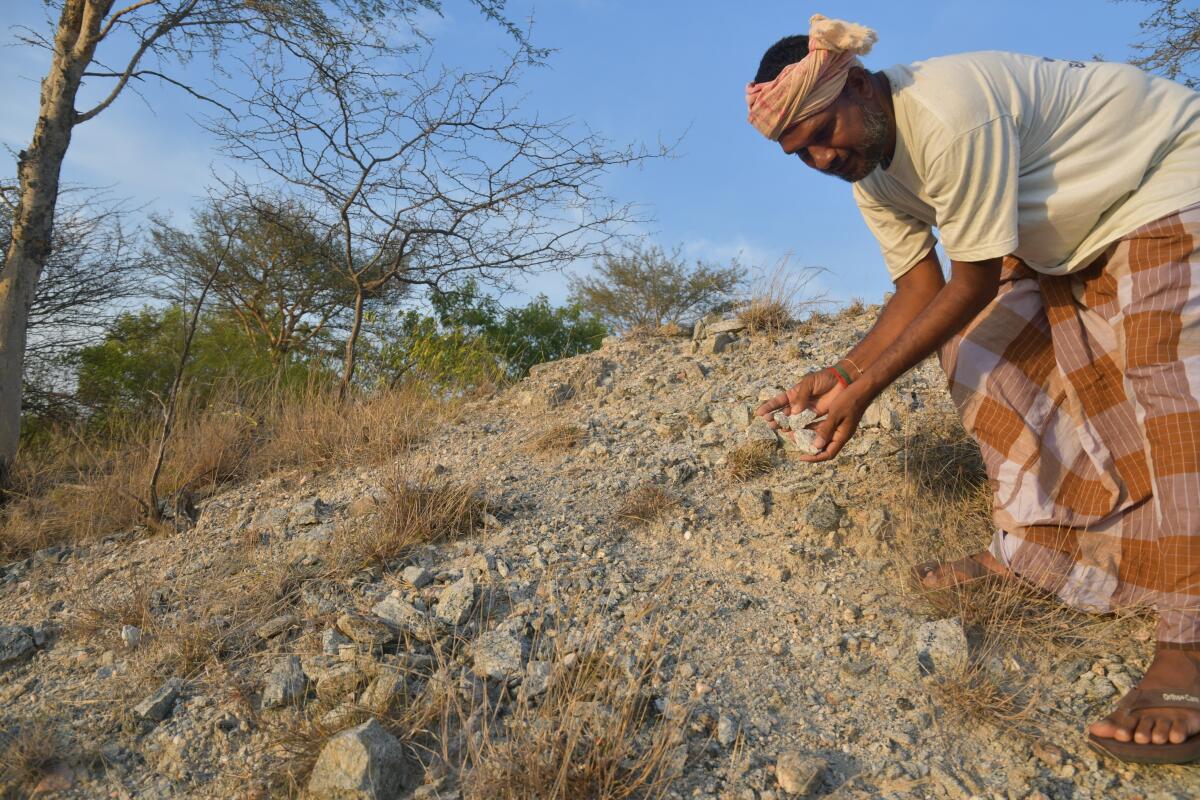Emblica chakrabartyi, the new plant species discovered from the Edamalayar forest range of Kerala
| Photo Credit: By Arrangement
Scientists from SNM College Maliankara, Ernakulam, National Botanical Research Institute, Lucknow, and King Fahd University, UAE, have reported the discovery of a new plant species Emblica chakrabartyi from Adichilthotti within the Edamalayar forest range of Kerala.
The species belonging to the gooseberry (Phyllanthaceae) family, has been named after Tapas Chakrabarty, former scientist at the Botanical Survey of India, for his contribution to the study on Phyllanthaceae. The finding has been published in John Wiley & Sons’ International Journal, Nordic Journal of Botany, from Sweden.
The scientists found a population of around 55 plants in and around the Edamalayar and nearby Sholayar forest areas during an expedition as part of a UGC-sponsored major research project on the flowering plants of Ernakulam district.
Plant’s features
Emblica chakrabartyi, the new plant species discovered from the Edamalayar forest range of Kerala
| Photo Credit:
By Arrangement
The plant attains a height of approximately 2 metres. The leaves are large with a shiny elongated oval shape of up to 13 cm. The flowering and fruiting occur during December to June. Male flowers are found in inflorescence whereas females ones are in single, on the leaf axils. Each flower bears yellowish green coloured six petals. The fruits are brown to black when they ripen and the seeds are black about 8-9 mm diameter.
Generally growing as shrubs in tropical rain forests, 55 species of the genus Emblica have been recorded all around the world. The new plant is the eleventh from India.
Team members
The research team headed by C.N. Sunil, Research Advisor to the Department of Botany, SNM College Maliankara, Ernakulam includes Prabhukumar, scientist, National Botanical Research Institute, Lucknow; Naveenkumar, scientist, King Fahd University, UAE; M.G. Sanilkumar, head of the Research Department of Botany, SNM College Maliankara; Simi M.S., Assistant Professor from the Research Department of Botany, SNM College; and Indira Balachandran from the Centre for Medicinmal Plants Research, Kottakkal Aryavaidyasala.
Emblica chakrabartyi is the 16th new plant species discovered from Ernakulam district within a span of 12 years by Dr. Sunil and his team.












